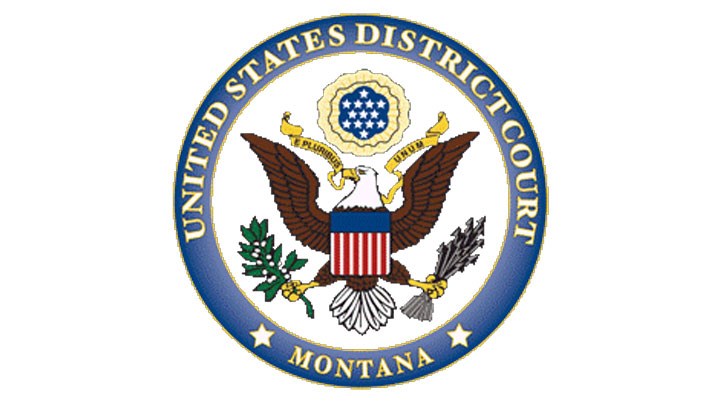
by Phil Phillips - Wednesday, December 1, 2021

The NRA is warning hunters that environmentalists are at again, this time suing the federal government over the Trump administration’s expansion of hunters’ and anglers’ access to public lands—lands, by the way, that were paid for by hunters and anglers.
A lawsuit filed Monday by the Center for Biological Diversity (CBD) in the U.S. District Court for the district of Montana says the U.S. Fish and Wildlife Service’s (USFWS) 2020 rule increasing hunting and fishing opportunities on 147 national wildlife refuges and fish hatcheries violates the Endangered Species Act (ESA) and National Environmental Policy Act requiring federal agencies to be accountable to the public for the environmental impacts of their actions, and endangers protected species through lead exposure.
The fact is, the USFWS has never set out to imperil vulnerable fish and wildlife species. Instead, it was doing its job as the federal agency responsible for “working with others to conserve, protect and enhance fish, wildlife, plants and their habitats for the continuing benefit of the American people.”
As explained by Michael Jean, Director of the Office of Litigation Counsel for the NRA Institute for Legislative Action (NRA-ILA), “In 1997, Congress passed the National Wildlife Refuge System Improvement Act, which specifically required that hunting and fishing receive priority consideration in the National Wildlife Refuge System. The Fish and Wildlife Service did that by increasing hunting and fishing opportunities on 2.3 million acres of land within the system.” Jean, who said the Plaintiffs know they cannot successfully challenge the rule on the substantive law, added, “So they brought procedural challenges instead, hoping that they can convince a court that the Fish and Wildlife Service did not consider all the aspects of its decision.”
The rule in question is the “2020-2021 Station-Specific Hunting and Sport Fishing Regulations Final Rule. 85 Fed. Reg. 54,076.” While word got out of the CBD’s intent to sue last fall, maybe it sat on the complaint so long because it knew the case was weak. In addition to saying the expansion risked the survival of animals such as grizzly bears and jaguars by exposing them to lead found in ammunition, it attests that expansion could cause more vehicle-animal collisions due to increased refuge traffic.
As for why the case was filed in Montana, it could be because that court has a reputation for being friendly to environmental plaintiffs. In 2020, for example, that court invalidated a Keystone XL Pipeline permit issued by the Army Corps of Engineers under a similar theory that the Plaintiffs are raising here.
In standing with hunters, the NRA is looking into intervening in the lawsuit in its efforts to keep federal lands open to legal, regulated hunting and keep lead ammunition in use. Please stay tuned for details.
About the Author
Outdoor writer, hunting TV host and farm/ranch real estate associate broker Phil Phillips of Hayden Outdoors has hunted five continents, taking nearly 60 species worldwide. Prior to hosting hunting programs, he started Colorado's first Ranching for Wildlife Program for antelope. Working alongside professional land managers, he went on to guide clients to 500-plus big-game animals and was named Safari Club International’s (SCI) North American Bowhunting Outfitter of the Year. A Life member of hunter-backed organizations including the NRA, Dallas Safari Club, Mule Deer Foundation and SCI, Phillips writes regularly about hunting issues and can be reached at [email protected].
Editor’s Note
America’s National Wildlife Refuge System spans 568 national wildlife refuges and 38 wetland management districts accounting for more than 150,000,000 acres. As this website reports, more than 330 refuges permit legal, regulated hunting. The decision to allow hunting is made by wildlife biologists on a case-by-case basis. Today National Wildlife Refuges attract more than 48 million visitors each year, generating over $2.4 billion for local economies and creating nearly 35,000 U.S. jobs annually.—KMP
E-mail your comments/questions about this site to:
[email protected]
